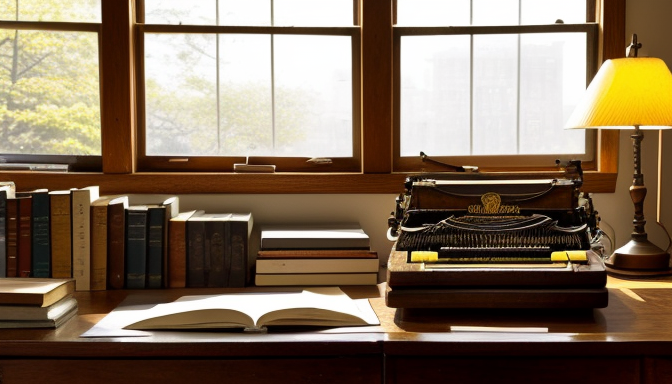Exploring the often-overlooked advantages of delving into archives, this article highlights how they can enhance research, promote creativity, and connect us with our history.
Spending time in archives can significantly improve research skills, providing access to primary sources that deepen understanding and foster critical thinking. Imagine diving into a treasure chest of knowledge where every document tells a story—this is what archives offer! By engaging with original materials, researchers can uncover nuances and details that secondary sources often miss. This firsthand access encourages a thorough investigation, sharpening analytical skills essential for both academic and professional growth. Have you ever wondered how historians piece together the past? It’s all about those dusty records and letters that breathe life into their narratives.
Engaging with archival materials can spark creativity and innovation, inspiring new ideas and perspectives. Think of it as a creative playground where the past meets the present! By exploring diverse historical contexts, individuals can draw connections that lead to unique problem-solving approaches and artistic expression. For instance, an artist might find inspiration in a long-forgotten photograph, while a writer could discover a compelling character in an old diary. The possibilities are endless! Archives are not just repositories; they are gateways to imagination and innovation.
Enhancing Research Skills
Spending time in archives can significantly improve research skills, providing access to primary sources that deepen understanding and foster critical thinking. Imagine diving into a treasure trove of documents, letters, and photographs that hold the secrets of the past. Each piece you uncover can be a stepping stone to greater knowledge. This isn’t just about finding information; it’s about transforming how you think and analyze data.
When you engage with archival materials, you’re not merely skimming the surface; you’re digging deep. This process encourages a thorough investigation that is essential for both academic and professional growth. For instance, consider how historians piece together narratives from fragmented records. They develop analytical skills that allow them to connect dots that others might miss. You can adopt this mindset too!
Moreover, archives often contain unique perspectives that textbooks simply can’t offer. By examining these primary sources, you learn to ask the right questions: What motivated the decisions of the past? How do these events relate to today’s world? Such inquiries sharpen your ability to think critically and creatively.
In essence, archives are not just dusty old rooms filled with papers; they are dynamic spaces that can enhance your research skills in ways you never thought possible. So, why not take a step into the past and let it guide your future?

Fostering Creativity and Innovation
Engaging with archival materials is like opening a treasure chest filled with untold stories and hidden gems that can ignite your imagination. When you dive into these historical documents, you’re not just sifting through old papers; you’re connecting with the past in a way that can profoundly influence your present and future. Imagine flipping through a diary written by a long-lost ancestor or examining a collection of vintage photographs. Each piece has the potential to spark creative ideas and innovative solutions.
By exploring diverse historical contexts, you can draw unexpected connections that lead to unique problem-solving approaches. For instance, an artist might find inspiration in the intricate designs of an ancient manuscript, while a writer could discover a compelling narrative in a forgotten letter. This process of discovery can be incredibly enriching, as it encourages you to think outside the box and approach challenges from new angles.
Furthermore, spending time in archives allows you to witness how creativity has evolved over time. You might find yourself asking questions like, “What can I learn from the past?” or “How did previous generations overcome their challenges?” These reflections not only foster a deeper understanding of history but also inspire you to innovate in your own work. So, next time you’re seeking a burst of inspiration, consider visiting your local archive; you might just stumble upon the spark you need to ignite your next big idea!
Frequently Asked Questions
- What are the main benefits of spending time in archives?
Spending time in archives can enhance your research skills, foster creativity, and connect you with historical contexts that enrich your understanding of the past. It’s like opening a treasure chest of knowledge!
- How can archives improve my research skills?
Archives provide access to primary sources that deepen comprehension and encourage critical thinking. By engaging with these materials, you’ll learn to investigate thoroughly and analyze information effectively, which is essential for both academic and professional success.
- Can visiting archives spark creativity?
Absolutely! Engaging with diverse archival materials can inspire new ideas and perspectives. It’s like a creative playground where historical insights lead to innovative problem-solving and artistic expression.
- Are there any specific tips for making the most of my time in archives?
Yes! Be curious, take notes, and don’t hesitate to ask archivists for help. They can guide you to hidden gems that might just spark your next big idea!